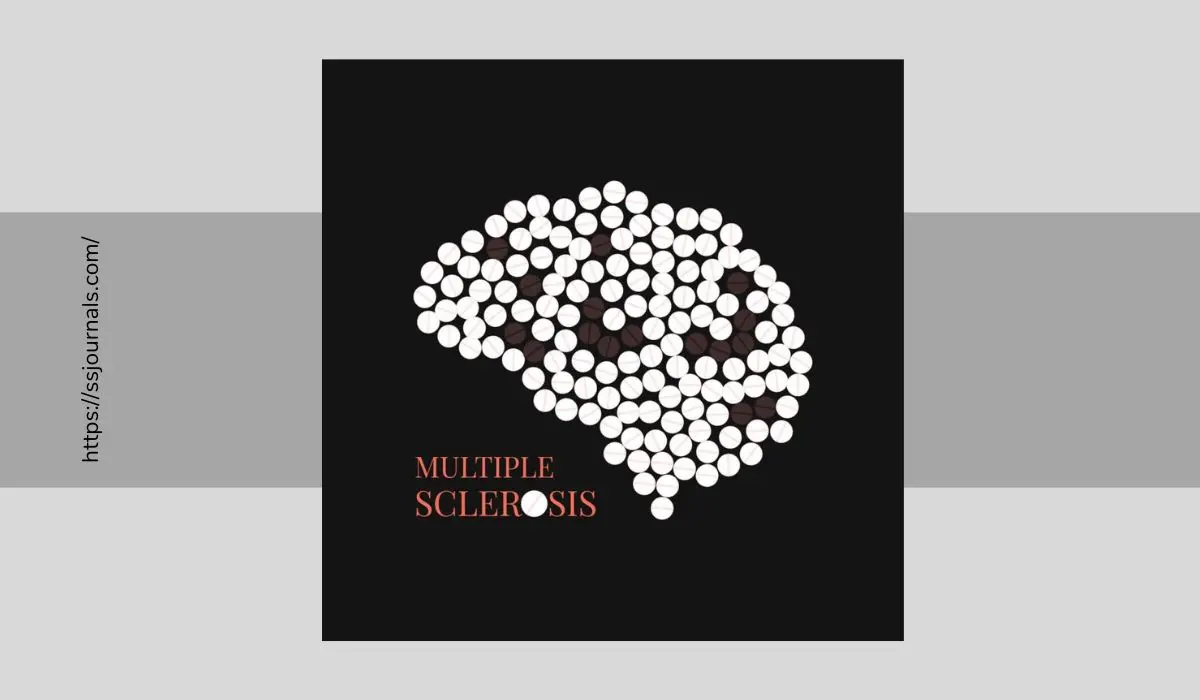Get a better understanding of Multiple Sclerosis with this in-depth look at the causes, symptoms, and treatment options available.
What Is Multiple Sclerosis?
Multiple sclerosis (MS) is an autoimmune disease that affects the central nervous system. It damages the protective nerve fibers called myelin that transmit signals within the brain, spinal cord, and optic nerves.

This leads to disrupted communication between the brain and body, resulting in progressive physical and cognitive impairment over time.
Causes Of Multiple Sclerosis
While the exact cause is not known, MS likely results from some combination of genetic susceptibility and environmental triggers like viruses that activate the immune system to attack the body’s own myelin.
This myelin breakdown leaves behind scar tissue called lesions. Women are affected 3 times more than men.
Here are details on some of the suspected causes and risk factors for developing multiple sclerosis:
Autoimmune response
The immune system mistakenly attacks the myelin sheaths surrounding and protecting nerve fibers. What triggers this is unknown.
Genetics
No specific gene has been identified, but inherited traits make some people more susceptible. Having a close relative with MS increases your risk.
Viral or bacterial infection
Past infection with EBV or human herpesvirus 6 may activate autoimmunity. The bacteria Chlamydia pneumoniae has also been investigated.
Low vitamin D levels
Insufficient vitamin D has been associated with a higher incidence of MS. Vitamin D is thought to help regulate the immune response.
Gender
Women are affected up to 3 times more than men. Hormonal factors may play a role.
Age
MS most often occurs between ages 20-40.
Geography/Climate
MS is more common in colder climates further from the equator. Less sun exposure and low vitamin D may be related.
Smoking
Smoking cigarettes elevates the risk of getting MS. Quitting after diagnosis helps slow progression.
Early Signs And Symptoms
Some early symptoms of MS may include:
Symptoms vary greatly between individuals based on the location of nerve damage. Episodes may resolve partially or flare up unpredictably.
Diagnosis And Different Types
MS is challenging to diagnose since many symptoms mimic other conditions. MRIs detecting nerve lesions, spinal fluid analysis, pharmacological testing, and ruling out disorders with similar features help confirm the diagnosis.
There are several MS types:
| Clinically Isolated Syndrom | The initial episode of symptoms. |
| Relapsing-Remitting MS | The steady progression of disability from the outset. |
| Primary Progressive MS | Steady progression of disability from the outset. |
| Secondary Progressive MS | Eventual progression without remission. |
Impact On Daily Life
MS symptoms like fatigue, mobility impairment, bladder dysfunction, pain, cognitive fog, and vision changes greatly reduce the quality of life over time.
Difficulties performing daily tasks lead to loss of independence. Depression is common. Supportive equipment, home modifications, physical/occupational therapy, and workplace accommodations help manage.
Available Treatment Approaches
While incurable, treatment can manage symptoms and modify the course of Multiple Sclerosis:
Medications For Symptom Management
Medications that help manage MS symptoms include:
Conclusion
While incurable, support through a multidisciplinary healthcare team can help MS patients maintain quality of life through managing symptoms, slowing disease progression, and adapting activities. Medications, rehabilitation, and lifestyle adjustments help cope with the profound impact MS has on daily function. Continuing research offers hope.
FAQs
Life expectancy is 5-10 years lower on average. However, improvements in treatment and management continue to extend survival.
Yes, relapsing-remitting MS involves acute symptom flares followed by periods of remission and stability. Symptoms progressively worsen over time
Yes, MS is recognized as a physical disability when functional impairments from symptoms limit daily living capacity.
Not directly, but having a close family member with MS raises your risk 2-5x. Certain genes make developing MS more likely.
MS itself doesn’t directly cause death in most cases, but complications like infections, pneumonia, and pulmonary embolism reduce life expectancy.

